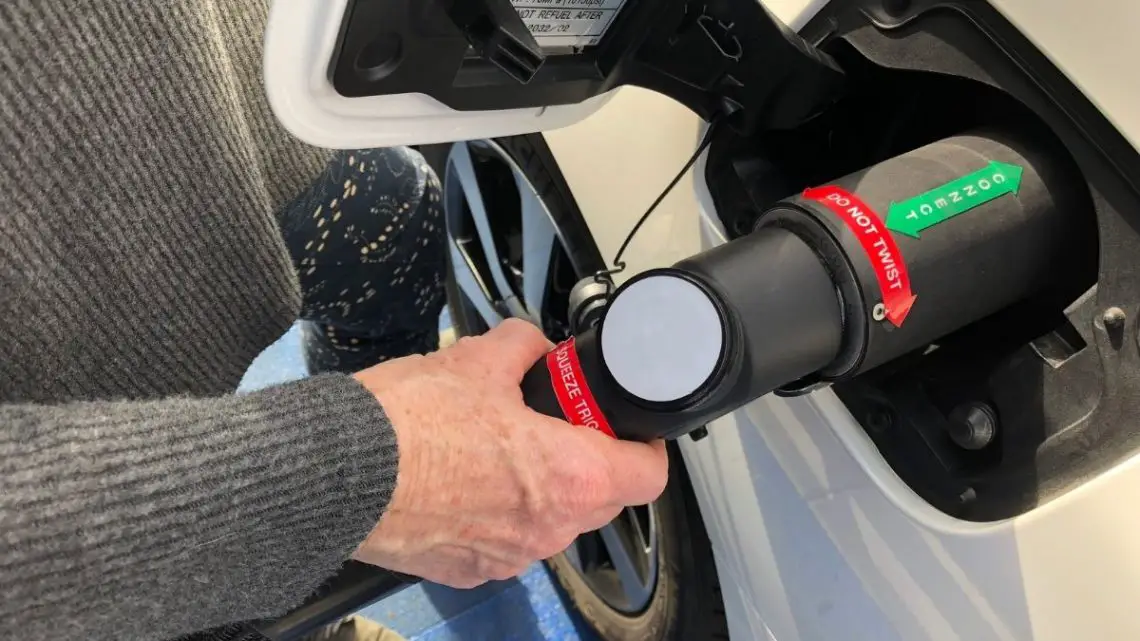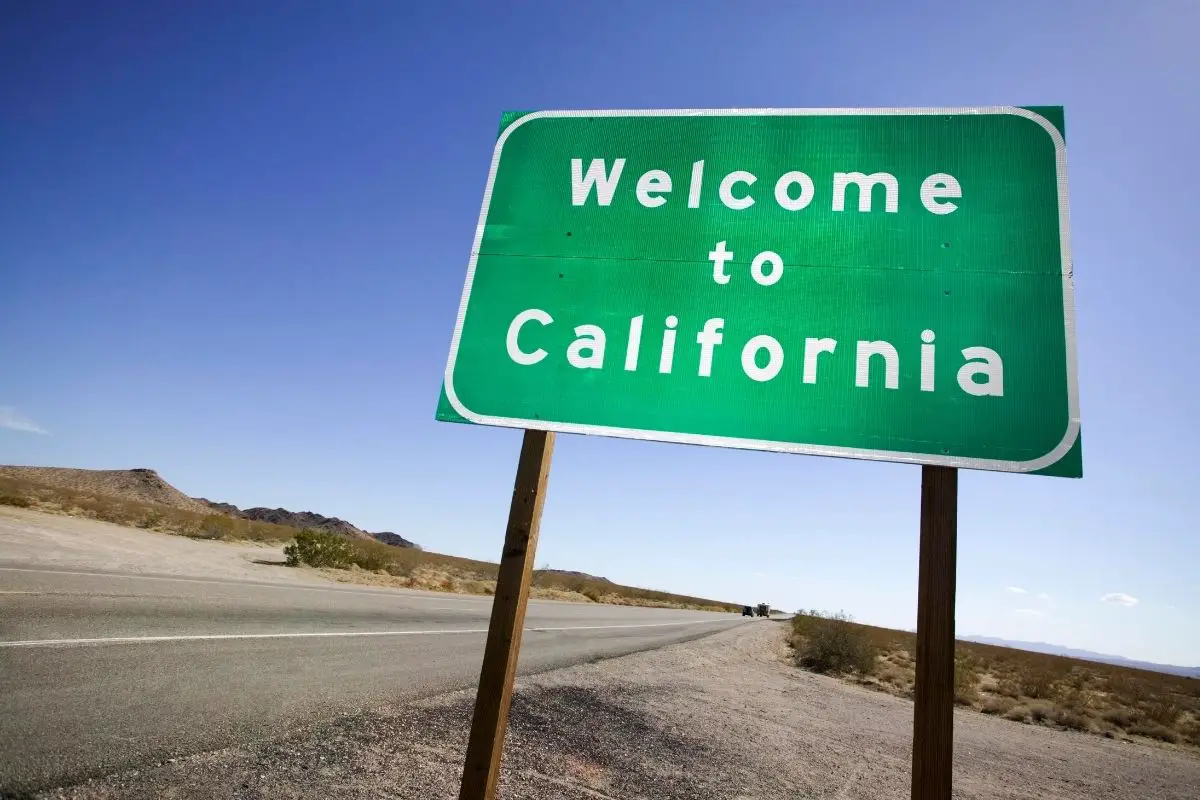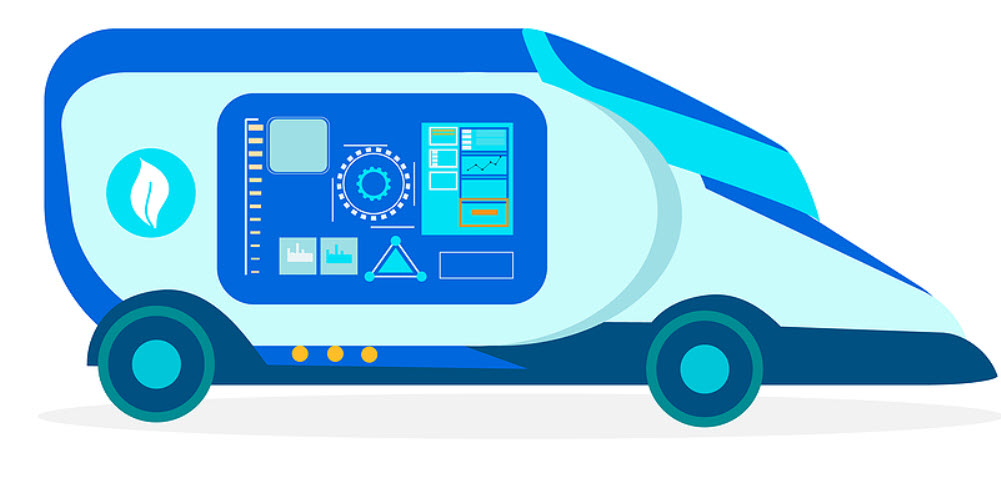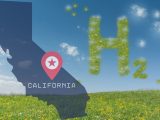
California Air Resources Board predicts 100 hydrogen stations in state in 2 years
September 16, 2021The CARB included this prediction for the end of 2023 within its most recent annual report.
The California Air Resources Board (CARB) used its annual report to predict that California will be able to meet its goal of installing 100 hydrogen stations by the close of 2023.
CARB also predicted that by 2026, the state will have opened 176 retail H2 refueling locations.
If California does indeed reach that target by 2026, it will have adequate capacity at its public hydrogen stations for about 250,000 fuel cell vehicles to operate there. Comparatively, the California Fuel Cell Partnership (CaFCP) has reported that nearly 11,200 fuel cell vehicles have been sold or leased in the United States since the start of this month. There are currently 48 refuelling locations open to serve them.
According to CARB, manufactures have had a positive response to this encouraging forecast for the development of the refueling network in the country. Still, said the annual report, “many additional factors contribute in varying degree to auto manufacturers’ deployment decisions.”
The California hydrogen stations will be able to support far more than the number of FCVs in 2027.
“Auto manufacturers’ zero emission vehicle deployment plans would result in 61,100 FCEVs on the road by the end of 2027, after accounting for estimated vehicle retirements. This would be approximately one quarter of the 250,000 FCEVs the planned fuelling network could ultimately support,” said CARB in its annual report.
“Long-term projections, mostly in optional survey reporting periods, have consistently been higher than actual FCEV sales. In order to further accelerate the future growth of the FCEV population, multiple barriers to adoption will need to be overcome, including limited model availability, high FCEV prices, high hydrogen fuel prices and limited consumer awareness,” it went on to say.
CARB underscored that one of the top concerns affecting drivers on today’s roads has to do with reduced station reliability. If this is not properly addressed, said the report, it could become a substantial barrier to furthering the adoption of FCVs in the state. Consumers and businesses will be hesitant to drive H2 powered vehicles if they suspect that they will face shortages in hydrogen stations and in their supply chains.



 With over 15 years of reporting hydrogen news, we are your premier source for the latest updates and insights in hydrogen and renewable energy.
With over 15 years of reporting hydrogen news, we are your premier source for the latest updates and insights in hydrogen and renewable energy.
I am sorry, but moving from 48 to only 100 stations by the end of 2023 seems very, very slow.
I think the story here is why the holdup. And why are so many of the existing stations in California often out of order.
The reason why it takes so long to build so many H2 gas stations is that the companies will not be profitable with the current cost of installation. Those companies hesitate in spending money as the profit margin in a short time is negative. Only those companies who can endure at least two years with negative profits will and can build H2 gas stations. The major oil companies are not interested in such business. Smaller companies have no sufficient funds. I know a company in California that can do this type of investment. That company is preparing for the groundwork very soon as they were waiting for the funding last 3 years. This company will build many H2 gas stations within the current gasoline and diesel gas stations. Each existing gas stations may have 1~3 H2 gas stations replacing the current gasoline and diesel stations.
Yes, that makes a lot of sense. I am investing in these companies to build hydrogen refueling stations. By 2028, I need 1 hydrogen refueling station within a 1-mile radius. Xalon.com (this is my green energy hydrogen car company) I am building my factory in a secret location in California. Our cars will debut in 2028. The price of The Xalon will be 115,000 USD Price will steadily drop over time as we perfect the HydroCell engine and make it more efficient. Contact Us if you need funding to build more hydrogen fuel stations.